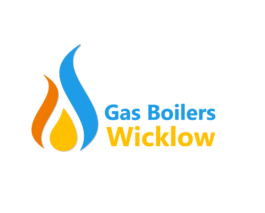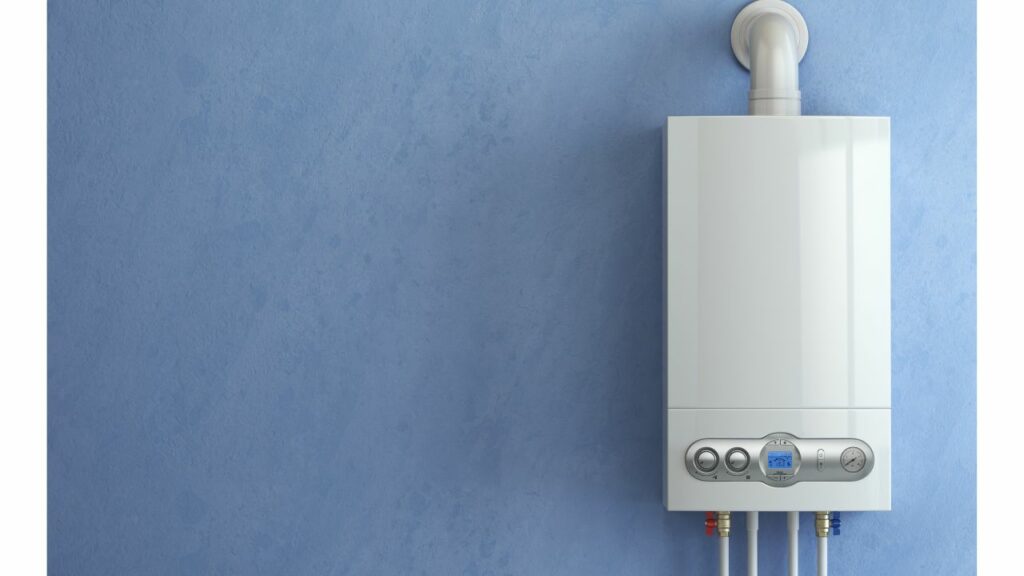Heating your home is a necessity, but it doesn’t have to be costly or environmentally unfriendly. Condensing boilers offer an efficient and eco-friendly way to heat your home, but like any appliance, they require proper care and maintenance to operate at their best. In this blog, we’ll explore what condensing boilers are, why they’re efficient, and how you can increase their efficiency even further.
Understanding Condensing Boilers
Before we delve into improving the efficiency of condensing boilers, it’s essential to understand how they work and why they’re more efficient than traditional boilers.
How Condensing Boilers Work
Condensing boilers are a type of high-efficiency boiler that extracts heat from exhaust gases, which would otherwise be wasted in a conventional boiler. Here’s a simplified breakdown of their operation:
- Combustion: Condensing boilers burn natural gas or propane to generate heat. During this process, water vapor is created as a byproduct.
- Heat Exchanger: The hot gases produced during combustion pass through a heat exchanger, where they transfer their heat to the water that circulates through your heating system. This raises the water’s temperature.
- Condensation: What sets condensing boilers apart is their ability to capture and utilize the heat contained in the water vapor. When the hot gases cool down, the water vapor condenses into liquid form, releasing additional heat in the process. This “condensing” of water vapor is where the boiler gets its name.
- Efficiency: By harnessing this latent heat from condensation, condensing boilers can achieve efficiency ratings of up to 98%. This means they convert almost all the fuel they use into usable heat.
The Efficiency Advantage
Condensing boilers offer several advantages over traditional boilers in terms of efficiency:
- Higher AFUE: The Annual Fuel Utilization Efficiency (AFUE) of a condensing boiler is significantly higher than that of a conventional boiler. While older boilers might have an AFUE of 70-80%, condensing boilers can reach 90% or more.
- Reduced Energy Bills: With their improved efficiency, condensing boilers can heat your home using less fuel, leading to lower energy bills.
- Lower Carbon Footprint: Burning less fuel also means producing fewer carbon emissions, making condensing boilers a greener choice for heating your home.
- Longer Lifespan: Condensing boilers tend to have a longer lifespan than traditional boilers because they operate at lower temperatures, which reduces wear and tear.
Now that we understand the basics of condensing boilers and their efficiency, let’s explore ways to enhance their performance even further.
Tips to Increase Condensing Boiler Efficiency
While condensing boilers are already highly efficient, there are several steps you can take to maximize their performance and save even more on your energy bills.
1. Regular Maintenance
Just like any other appliance, condensing boilers require regular maintenance to perform at their best. Here are some essential maintenance tasks:
- Annual Servicing: Schedule an annual service with a qualified technician. They will inspect and clean the boiler, ensuring all components are functioning correctly.
- Cleaning: Keep the heat exchanger and condensate trap clean. A dirty heat exchanger can reduce efficiency by preventing effective heat transfer, while a clogged condensate trap can lead to malfunctions.
- Flue Gas Analysis: Have a professional perform a flue gas analysis to ensure the boiler is burning fuel efficiently. Adjustments can be made to optimize combustion.
2. Use the Right Controls
Condensing boilers work best when they can modulate their output to match the heating demand. Using the right controls can help achieve this:
- Weather Compensation Controls: These controls adjust the boiler’s output based on the outdoor temperature. When it’s milder outside, the boiler operates at a lower temperature, saving energy.
- Smart Thermostats: Install a programmable or smart thermostat that allows you to set heating schedules and control your boiler remotely. This ensures your home is heated efficiently when needed.
3. Optimize Radiator Settings
Your radiators play a crucial role in how efficiently your condensing boiler heats your home. Here’s what you can do:
- Bleed Radiators: Trapped air in radiators can hinder heat distribution. Bleed your radiators regularly to remove any air, ensuring they heat up evenly.
- Install Thermostatic Radiator Valves (TRVs): TRVs allow you to control the temperature of individual radiators. Adjusting them can help you avoid over-heating rooms that are rarely used.
4. Upgrade Insulation
Efficient heating isn’t just about the boiler itself; it’s also about how well your home retains that heat. Proper insulation is essential to prevent heat loss. Consider the following upgrades:
- Wall Insulation: Insulate cavity walls or add external insulation to reduce heat loss through your home’s walls.
- Roof Insulation: Ensure your attic or loft space is adequately insulated to prevent heat from escaping through the roof.
- Floor Insulation: If you have an unheated space beneath your floors, insulate them to prevent heat loss.
- Draught Proofing: Seal any gaps or draughts around windows, doors, and other openings to prevent cold air from entering and warm air from escaping.
5. Upgrade Your Boiler
If your condensing boiler is older and less efficient, you may want to consider upgrading to a newer model. Newer condensing boilers often come with advanced features and better energy efficiency, making them a wise investment in the long run. When upgrading, look for models with high AFUE ratings and energy-saving features.
6. Consider Renewable Energy Sources
To further reduce your environmental impact and energy bills, you can complement your condensing boiler with renewable energy sources such as solar panels or heat pumps. These technologies can provide additional heating capacity and reduce your reliance on fossil fuels.
- Solar Panels: Solar thermal panels can generate hot water, which can be used for space heating or domestic hot water. This can significantly reduce the workload on your condensing boiler.
- Heat Pumps: Air-source or ground-source heat pumps can provide efficient heating and cooling for your home. They work by transferring heat from the air or ground into your home and can be used alongside your condensing boiler.
7. Educate Yourself
Understanding how your condensing boiler works and how to use it efficiently is one of the most effective ways to increase its efficiency. Read the user manual, learn about the controls and settings, and make informed decisions about how you use your heating system. Often, small adjustments in your habits can lead to significant energy savings.
8. Monitor Your Energy Usage
Install an energy monitor to track your energy consumption in real-time. This can help you identify when you’re using the most energy and where you can make adjustments to reduce your consumption. Many modern energy monitors also provide insights and recommendations for energy-saving opportunities.
Conclusion
Condensing boilers are already a highly efficient and environmentally friendly way to heat your home. By following the tips outlined in this blog, you can further increase their efficiency, reduce your energy bills, and lower your carbon footprint. Regular maintenance, the use of appropriate controls, insulation upgrades, and renewable energy sources are all valuable strategies to optimize your condensing boiler’s performance. Remember that small changes can make a big difference when it comes to energy efficiency, so start implementing these tips today to enjoy a more comfortable and cost-effective home heating experience.

